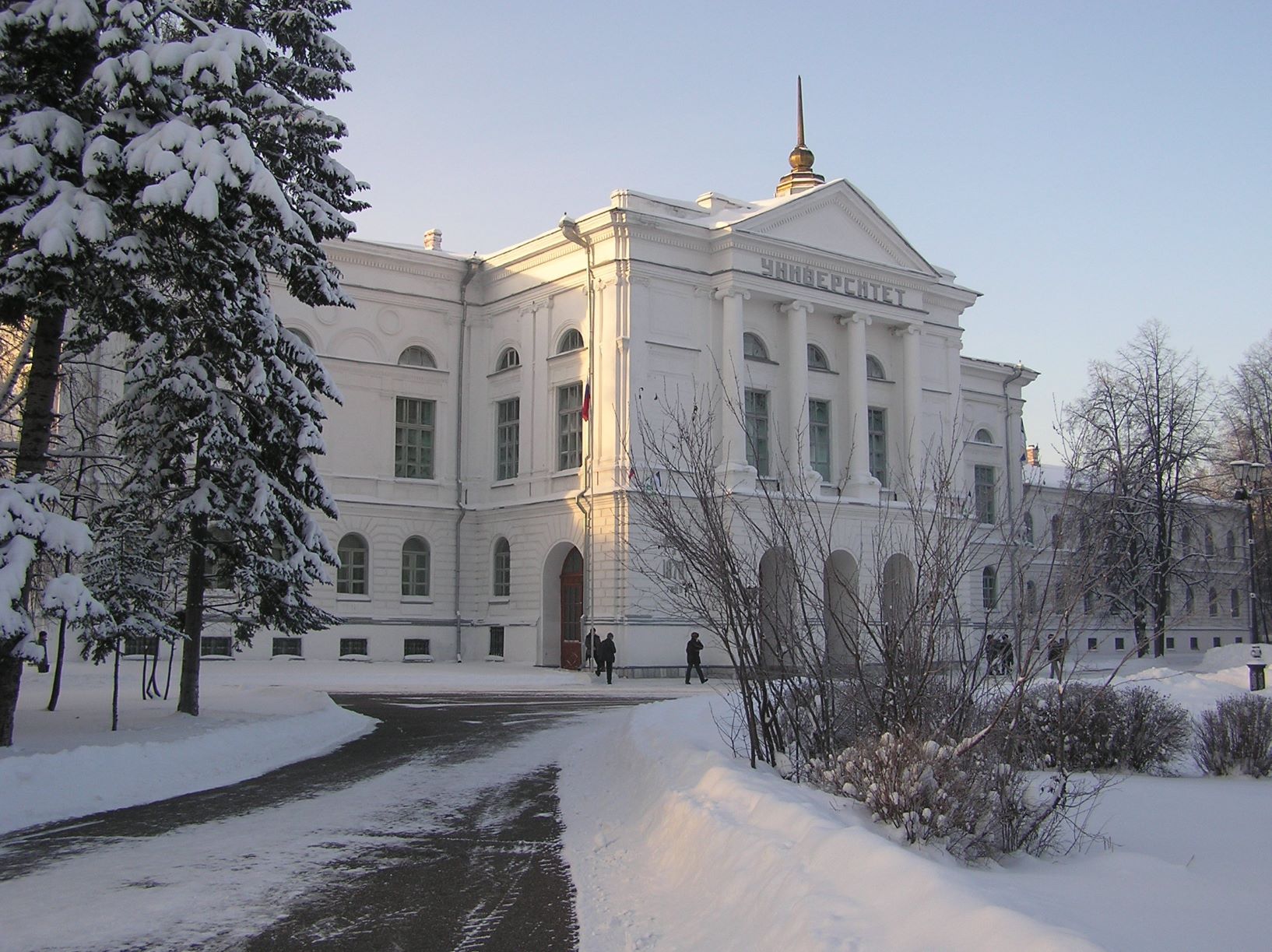Siberië kent diverse universiteiten met een antropologische afdeling. In tegenstelling tot Westerse universiteiten doen antropologen hier hoofdzakelijk onderzoek onder een van de talrijke regionale etnische minderheden. In 1963 werd aan de Staatsuniversiteit van Tomsk - de universiteit die ik het beste ken - het Departement 'Archeologie en Etnografie' opgericht. Het tijdstip was politiek gezien niet toevallig. De socialistische regering wilde meer grip krijgen op de etnische minderheden en stelde daarom een groot aantal antropologen aan. Hun onderzoek had een speciaal karakter:
De etnische minderheden moesten sociale gemeenschappen worden die beantwoorden aan het communistische ideaal. Antropologen moesten er voor zorgen dat dit ideaal meer binnen handbereik kwam.
Deze cursus geeft inzicht in het ontstaan en de ontwikkeling van de academische culturele antropologie in Siberië. De cursus kan op verzoek worden uitgebreid met andere onderwerpen. Zie voor ideeën en aanvullende onderwerpen ook mijn al meer dan 100 blogs die elke twee weken verschijnen.
Een selectie uit Siberische universiteiten met een antropologische afdeling die tijdens of na de sovjet-periode werd geopend (in het Engels):
Tomsk State University (TSU, zie foto): In 1963 the Department of Archaeology and Ethnography was established at the Faculty of History of TSU. In 1966, its name changed into the Department of Russian History, and Siberian ethnography remained one of its major research fields. In 1968, lecturers of the Department initiated the establishment of the Research Department of Siberian History, Archaeology and Ethnography. Since then more than 150 researchers has worked at the Research Department. Their research has focused on ethnic groups, like Tatars, Khants, Evenks, Khakass, Chulymian Turks. Over 35 series of fieldwork expeditions have been carried out. A great number of monographs and collective volumes have been published.
Tomsk State Pedagogical University (TSPU): TSPU was founded in 1902. The TSPU has a world-famous academic school of studies in languages and cultures of Siberian indigenous peoples founded by A.P. Dulzon. The Institute of Siberian Languages exists within the framework of TSPU. In 2003 the Faculty of History and Geography established the Department of Archaeology and Ethnography which teaches ethnologic disciplines. The academic interests of professors focus on the ethnography of Siberian indigenous peoples, ethnic politology and sociology, and interethnic communications.
Barnaul State Pedagogical University (BSPU): Barnaul State Pedagogical University (BSPU) is one of the oldest institutions of higher education in Altai region. It was founded in 1933. The research in Social Anthropology is carried out within the framework of the Faculty of History. Various Siberian ethnic groups, both indigenous and migrant, are studied: Kazakhs, Teleuts, Siberian Tatars, Chuvashs, Mordvins, and others. The research areas include oral history, family history, and urban anthropology. The professors work in close cooperation with the leadership of the Altai region ethnic communities.
Omsk State University (OmSU): OmSU was founded in 1974. The Department of Ethnography and Museum Studies was opened in 1994 and teaches in ethnology. Major research areas are traditional culture and ethnic history, present-day ethnic developments, ethnic psychology and ethnic conflict studies. The Chair has organized research institutes of German ethnography and history in Siberia and of Siberian culture monitoring. The Master Degree Program in Ethnology has been approved. The research focuses on national minorities, such as West Siberian Tatars, Ugrian and Samodian peoples.
Kemerovo State University (KemSU): KemSU was opened in 1974. The research in social anthropology and sociology is carried out at the Department of Contemporary Russian History and the Kuzbass Institute of Archaeology and Ethnography. Academic interests focus on the material and spiritual culture of Siberian aboriginal peoples, the problem of paternalism, traditional economic systems, modern methods of ethnology and ethnic sociology.
Katanov State University of Khakassia (KhSU): KhSU was founded in 1994. The specialization in ethnography exists within the framework of the Department of Archaeology, Ethnography and Historic Area Studies that focuses on indigenous population of the Republic of Khakassia. The Department has established links with specialists in Turkic peoples. It has organized students’ summer schools devoted to national minorities and indigenous population.

